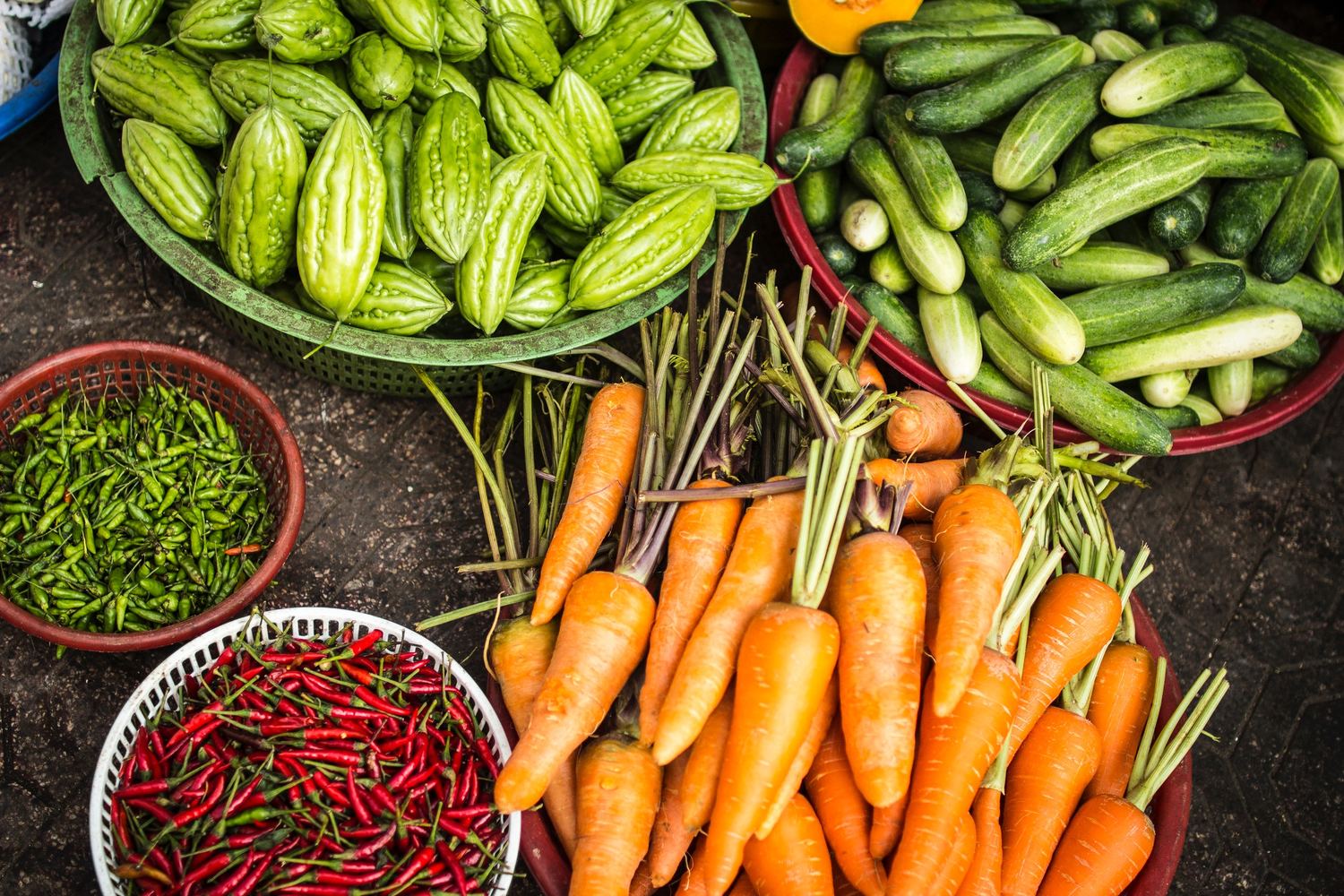In the first blog of this two-part series, I argue that a prerequisite to food freedom is working on changing the mindset that motivates your food choices.
When you see food as a source of calories that need to be burnt and, as a consequence, eat based on whether a food will make you fat or thin, it’s expected that you’re trapped in a cycle of guilt, shame, restricting and overeating.
You achieve food freedom when a different motivation informs your food choices: The question is no longer “will this make me fat?”, but rather “will this nourish me?”.
What’s nourishing?
Educating people about food is a key piece in the puzzle of food freedom. Other approaches see nutrition education as a yet another diet in disguise.
While the journey towards freedom from food obsession is not a straight line, my personal experience and work with clients has taught me that nutrition education can becomes a tool to make wiser choices after women make progress on body acceptance and are able to transform their belief system around dieting and weight.
(That’s why, if you haven’t read the first post of this two-part series, I suggest yo do now!)
With that in mind, nourishing can be defined as any food that contributes to your growth, strength, health, and helps you thrive. It’s food that responds to your physical, mental and emotional needs.

We’re all different and what works for me doesn’t necessarily work for you, but there are four ideas that hold true for everyone. Use these to guide your food choices. They will help you make the necessary mental and behavioral shift to have a sane and relaxed relationship with food:
1. Think beyond the numbers
We love being told what to do. We love plans. We want numbers! We look for the right number on the scale. The appropriate number of grams of protein. The right number of “almonds”. The perfect number of calories!
I encourage you to think beyond the numbers. Let go of the need to know exactly which foods to eat and how much. Instead, think about quality.
This is where learning how to read the ingredients section of anything you consume is key. The nutrition facts don’t tell you whether the food is good quality or not. The ingredients will.
Generally, foods with long lists of ingredients or ingredients that you can’t pronounce or picture in your head are foods that don’t contribute to your growth nor support your health.
As Michael Pollan says it, “avoid food products containing ingredients that no ordinary human would keep in the pantry” (e.g. sodium sorbate, red # 40, ethoxylated diglycerides).

2. Aiming for quality is an investment. Not a cost.
Marc David, founder of the Institute for the Psychology of Eating, suggests “limiting the anti-nutrients in your diet”, that is, poor-quality fats, poor-quality sugar, poor-quality white flour, poor-quality dairy and poor-quality meat.
Note how it’s not about vegetarian, or paleo, or vegan, or keto. It’s about quality. For various reasons that I won’t discuss on this post, poor-quality foods are highly-processed and contain cheap ingredients. Anything that’s mass produced requires cheap inputs in order to be profitable.
Take poor-quality fats like hydrogenated oils found in potato chips, corn chips, crackers, cookies, prepared foods, baked goods, etc. The oils used in these food items have been heated at high temperatures and stripped of nutrients and essential fats.
The same applies to poor-quality meat and dairy, which come from cows that are fed grains such as soy and corn (cows are meant to eat grass, not grains) for rapid weight-gain, for example.
Think of quality as an investment. Not a cost. Invest in food that’s real, fresh, wholesome.
3. Don’t demonize foods
We want to aim for high-quality, real foods, but this doesn’t mean we will never have “cake” ever again. It’s an aim. Not a rule. Remember how harmful the “rules” mindset can be.
The most helpful mindset is accepting the not-so-good foods are part of your diet. They are part of life! And that’s fine! Don’t pretend they aren’t because that’s precisely what triggers the overeating and other unwanted behaviors around food. This is the practical way of doing things.

4. Avoid the formulas
The obsession with the right formula hasn’t taken us anywhere. It’s only created guilt, shame, frustration and a vicious cycle of “eat-repent-repeat.”
“The field of nutrition is frontier land”, it’s permanently changing and it’s unlikely that there will ever be a unique, right way to eat. We’ve over complicated nutrition and got trapped in a race to figure out the perfect way to eat.
Ignore the noise. Good nutrition means sticking to the basics. It means eating mostly to real food that’s wholesome and minimally processed. Don’t get stuck in the dogmas and rules. Reconnect to food, aim for high quality, and forgive yourself when you can’t.
The information provided in or through this Website is for educational and informational purposes only and solely as a self-help tool for your own use.
Written by Lina Salazar.


